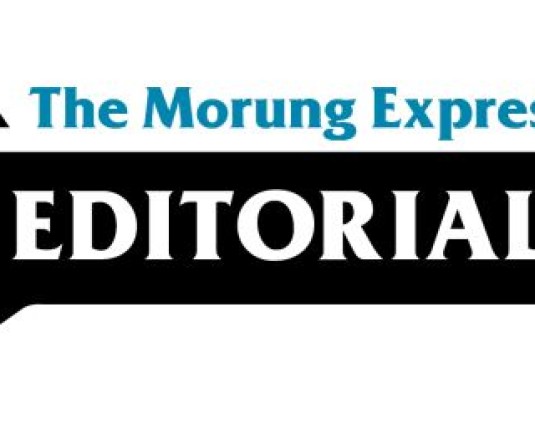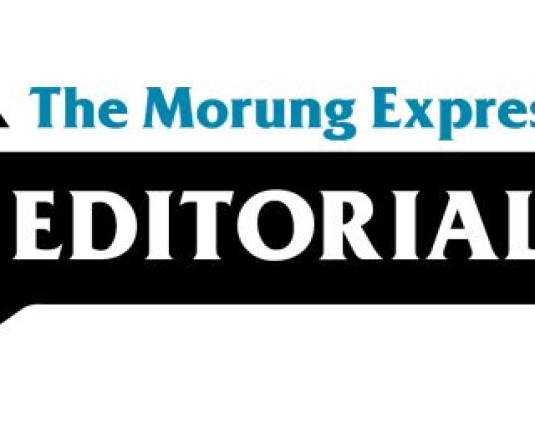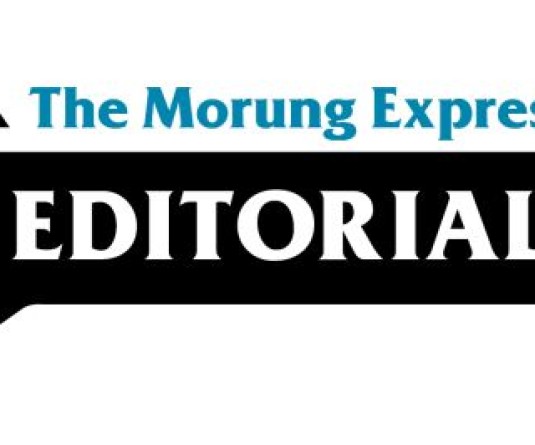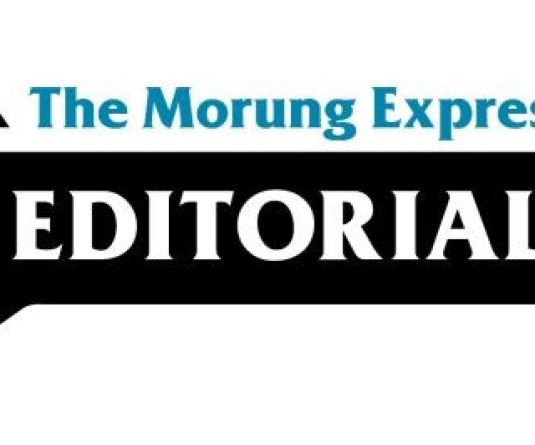
Dr Asangba Tzudir
Defamation is an intentional ‘act’ through which harm or injury is caused to an individual or group, alive or deceased by way of speaking or through writing, making signs, or publishing any information against someone. The damage may be caused through harm or injury on the reputation of a person through false information or wrong allegations. Defamation can be either libel or slander, where libel refers to defamatory statements made with some permanence like in written form, image or published work, while slander refers to that which is spoken.
As such, a case of defamation arises when harm on reputation through false statements and intentions are proven. However, defamation can also arise through expressions done ironically or when the harm is done without an intention to do so. But then, this becomes a subjective issue and which has to be proved by the judiciary according to the proof and the context of the situation. According to the intensity, defamation is classified into civil and criminal, and especially for the latter, the case will need to be substantiated by strong proof, or which arises reasonable doubt.
The legal framework aims to create a balance between an individual’s right to reputation with the fundamental right to freedom of speech and expression under Article 19(1)(a) of the Indian Constitution. However, Article 19 (2) brings restrictions on the freedom including defamation. Critics argue that criminal defamation is used to silence dissent, especially against journalists and activists which also discourages public participation. When those in power or corporate houses file lawsuits, it not only discourages participation but also intimidate critics.
As such, many legal scholars and activists have advocated for decriminalization of defamation. What they have argued for is that civil remedies are sufficient. Countries like the UK and USA have decriminalized defamation, and this has also made India’s position of defamation a subject of debate. But in December 2023, a bill titled “The Decriminalization of Defamation Bill, 2023” was introduced, aiming to remove criminal defamation provisions from the Indian Penal Code (IPC). The bill argues that the existing criminal defamation laws, which are over 160 years old, were tools of colonial rule and are incompatible with contemporary democratic values that prioritize freedom of speech. Contrarily, the 22nd Law Commission, in its 285th report submitted to the Union Law Ministry, recommended retaining criminal defamation as an offense. The Commission emphasized that the right to reputation is an integral facet of Article 21 of the Indian Constitution, which guarantees the right to life and personal liberty.
These developments highlight the dynamic nature of defamation laws in India, reflecting ongoing debates between protecting individual reputations and upholding freedom of expression. There have been proposed Reforms in Criminal Laws like the Bharatiya Nagarik Suraksha Sanhita (BNS) which has introduced reforms in criminal laws, including provisions related to defamation. Notably, the BNS allows for community service as an alternative sentence for acts of defamation, reflecting a shift towards more restorative forms of justice.
While defamation laws are tailored to protect individuals and groups or entities from false statements that causes harm to their image and reputation, it also has a limit in order to balance free speech and protection against reputational harm. For instance, if the accused or the one who defamed and caused harm can give proof to the truth of what was said through the word of mouth or in written or in published form, truth then becomes a defense, and thereby it does not amount to defamation. Another tricky part is the case between opinion and fact, and where defamation does not generally cover opinions but opinions can be brutally damaging and can cause emotional and psychological injury. It may not be legally binding but opinions can cause lifetime damage on the reputation of a person. There can be cases where a statement was made knowing it to be false or with utter disregard for the truth. Journalists can also report on official proceedings fairly and accurately, but without being sued. Satirical caricatures are also protected unless it portrays contrary to the real or reality. As such, it also leads to undesirable consequences for journalists.
On the whole, it is really about creating the balance where, defamation laws can limit freedom of speech and expression if they’re used to suppress criticism, while defamation laws can also protect a person’s reputation and dignity from having their reputation damaged by false statements. In the balancing act, defamation laws should not be used to punish people for expressing their views in the larger interest of the public. Also, the burden of proof should be on the person making the defamatory statement.
(Dr Asangba Tzudir writes weekly guest editorials for The Morung Express. Comments can be emailed to asangtz@gmail.com)






